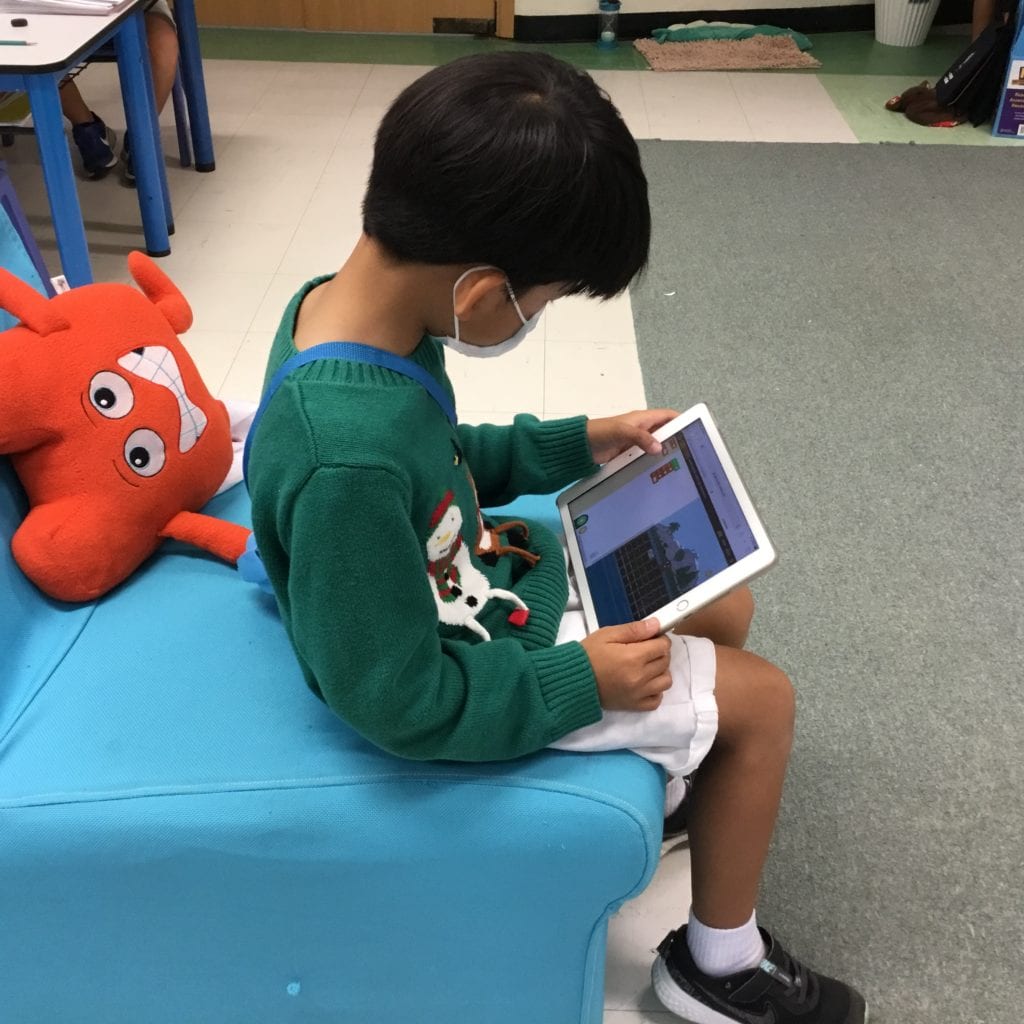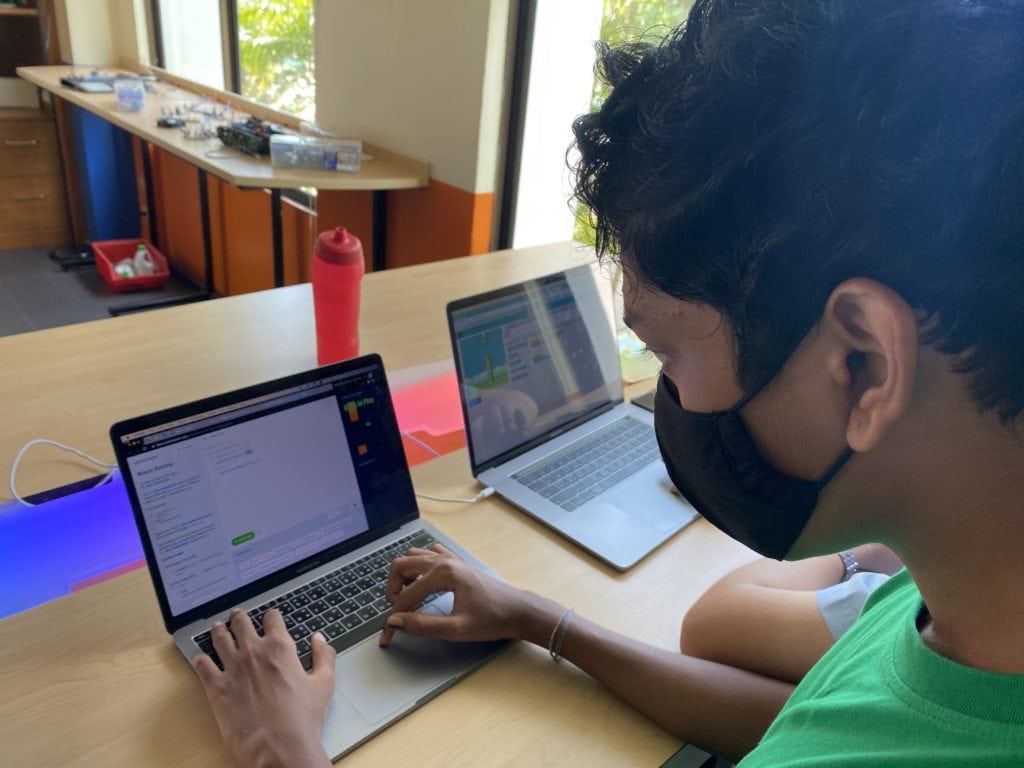Recently many BISP students participated in the global ‘Hour of Code’ as part of Computer Science Education Week. Throughout the week, teachers and students were encouraged to dedicate extra time to coding across the curriculum.
In Primary, students got involved in problem-solving activities using block-based programming and also had fun programming robots. Things got a bit more advanced in Secondary Computer Science, where students did some text-based adventure programming using python and programmed LED strips using Arduino C++. Our IB students also enjoyed making various control systems, including self-watering plant posts and autonomous, obstacle-avoiding tanks.
Logical thinking, problem-solving and an understanding of the modern world are all skills that are heavily in demand by employers.
BISP joined millions of other schools around the world for the Hour of Code, but not all students have access to the opportunities BISP provides to develop these skills, according to our Head of Computer Science, Jonathan Clark.
“Computers are everywhere and are changing every industry on the planet,” says Mr Clark, “but in the USA for example, only 47% of high schools currently teach Computer Science. Our students are fortunate in that Computer Science is a compulsory subject up to IGCSE, with an option to extend their study to IGCSE and IB level.”
And skilled graduates are in high demand, Mr Clark says.
“In the USA, computing is currently the number one source of new wages. There are also more than 500,000 current job openings, but less than 50,000 Computer Science graduates available to join the workforce. Even for those who do not pursue the subject as a vocation, logical thinking, problem-solving and an understanding of the modern world are all skills that are heavily in demand by employers.”


